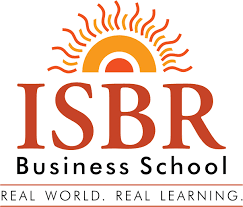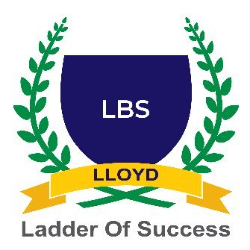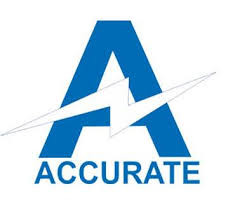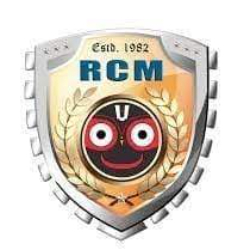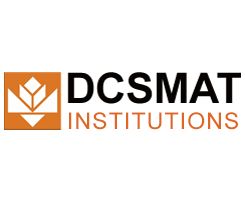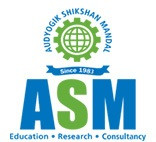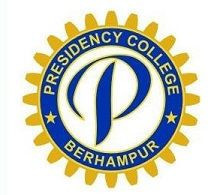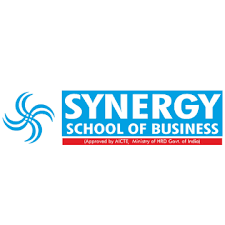Highlights: -
|
Diploma Name |
Post Graduate Diploma in Logistics and Supply Chain Management |
|
Level |
Postgraduate |
|
Diploma Duration |
1- 2 years depending on the institute |
|
Education mode |
Full time, Distance |
|
Entrance Exams |
CAT, XAT, GMAT, SNAP, NMAT, CMAT, KMAT, ATMA, MAT, IIFT. |
|
Eligibility Criteria |
Graduation in any discipline |
|
Admission process |
Entrance Exam + Scores in Bachelors’ degree |
|
Fees for the entire duration |
Rs. 20,400 - Rs. 20.80 Lakhs |
|
Average Salary |
Rs. 5.6 LPA Starting Average Salary |
|
Job profiles |
Purchase Manager, Inventory Manager, Material Manager, Material Analyst, Supply Chain Manager, Operation Manager. |
Eligibility Criteria: -
- Candidates must complete graduation in any stream.
- They must have scored at least 50% marks. However, some colleges may not ask for any minimum percentage.
- Final year candidates may also apply for admission on a provisional basis.
- Some of the colleges may also ask for a work experience of 1-2 years in human resource or any related area.
PGDM in Logistics and Supply Chain Management Syllabus: -
The PGDM in Logistics and Supply Chain Management syllabus will vary from college to college, but the course aims and subjects shall remain the same; the subject distribution over the syllabus may differ, but the study matter remains consistent. Nevertheless, candidates should check the official website to know the complete syllabus. Here is a general guide to PGDM in Logistics and Supply Chain Management syllabus design, as commonly followed by Indian colleges:
|
Semester 1 |
Semester 2 |
|
Corporate Social Responsibility |
Strategic Management |
|
Information Systems for Managers |
Business Statistics |
|
Business Communication |
Business Law |
|
Management Theory and Practice |
Marketing Management |
|
Organisational Behaviour |
Financial Accounting & Analysis |
|
Business Economics |
Essentials of HRM |
|
Semester 3 |
Semester 4 |
|
Customer Relationship Management |
Decision Analysis & Modelling |
|
Total Quality Management |
International Logistics & Supply Chain Management |
|
Enterprise Resource Planning |
Business: Ethics, Governance & Risk |
|
Operations Management |
Advanced Supply Chain Management |
|
Supply Chain Management |
World-Class Operations |
|
Logistic Management |
Project |
Next step after PGDM: -
If a person wants to do further studies in management to improve their knowledge and skills, then they can go for the following courses: -
- Certifications: Pursue certifications such as APICS's Certified Supply Chain Professional (CSCP), ISM's Certified Professional in Supply Management (CPSM), and AST&L's Certified Logistics Professional (CLP). These certifications recognize your expertise and experience in key areas of logistics and supply chain management.
- Advanced Supply Chain Programs: Seek for advanced supply chain programs or executive education courses given by recognized schools. These programs frequently address issues such as strategic supply chain management, supply chain optimization, supply chain analytics, logistics management, and global supply chain operations.
- Specialist Supply Chain Courses: Depending on your job goals and interests, choose courses in specialist areas such as inventory management, transportation management, and distribution.
- Technology and Innovation in Supply Chain: Courses on emerging technologies in supply chain management, such as blockchain, Internet of Things (IoT), artificial intelligence (AI), and big data analytics, can help you stay current with industry trends and leverage technology for process optimization and efficiency improvement.
- International Trade & Logistics: If you're interested in global supply chain management, look into courses on international trade legislation, import/export procedures, customs compliance, trade finance, and global logistics techniques.
- Lean Six Sigma Course: Lean Six Sigma courses teach process improvement approaches targeted at decreasing waste, increasing efficiency, and improving quality in supply chain operations. Certifications such as Lean Six Sigma Green Belt or Black Belt might be beneficial for professionals interested in process improvement or quality management.
- Project Management: Project management courses teach you how to plan, execute, and control projects in the supply chain. Project management certifications, such as Project Management Professional (PMP), can boost your credentials and lead to new employment options in project-related roles.
- Risk Management and Resilience: Given the complexities and uncertainties of supply chain management, courses on risk management, business continuity planning, and supply chain resilience can assist you in developing strategies to mitigate risks and ensure business continuity during disruptions.
- Sustainable Supply Chain Management: Courses in sustainable supply chain management cover environmental, social, and ethical aspects of supply chain operations. Sustainable sourcing, green logistics, carbon footprint reduction, and supply chain CSR initiatives are all potential topics.
Employment after PGDM in Logistics and Supply Chain Management: -
After completing the PGDM in Logistics and Supply chain Management a person can apply for the following job profiles:
|
Jobs |
Average salary |
|
Purchase Manager |
Rs 5.60 – Rs 12.30 LPA |
|
Inventory Manager |
Rs 3.30 – Rs 10.00 LPA |
|
Material manager |
Rs 5.30 – Rs 8.90 LPA |
|
Operation Manager |
Rs 13.20 – Rs 25.30 LPA |
|
Material analyst |
Rs 3.30 – Rs 10.00 LPA |
|
Supply Chain Manager |
Rs 13.20 – Rs 25.30 LPA |
FAQs
- What are the average fees for a Post Diploma in Supply Chain Management?
The average fees of Post Diploma Supply Chain Management will come around INR 6,00,000 to INR 30,00,000. Depending upon the college and the city as well.
- What are the popular job profiles for a Diploma in Supply Chain Management?
As you progress in your career with a Diploma in Supply Chain Management, you can explore job profiles in a logical order, starting from Purchase Manager, Strategic Planner, Purchase Analyst/Assistant, Materials Analyst, Materials Manager, Procurement Manager, Supply Chain Manager, Commodity Manager, Inventory Manager, Strategic Sourcing Manager, Operations Manager, Sourcing Manager, and finally, Warehousing Manager.
- What is the course duration?
The course duration is 1 or 2 years, with four semesters. It's a diploma program that can last one year or two, depending upon the specialisation and the college to which we are being admitted.
- What are the essential entrance exams for Diploma Supply Chain Management?
Every college has its own entrance exam for admission. The most common exams are the CAT/GMAT/XAT/CMAT/MAT/ATMA or the NSE Online Test.
- What are the job opportunities?
After this degree, job opportunities will be both domestic and international. Students can work for some companies, such as Hotels or some manufacturing companies.
- Does this course provide practical knowledge to the students?
Depending upon the college program, some colleges will give you Internships or training with companies, and you have to learn and do projects based on that knowledge.
Other specialisations in PGDM: -
PGDM in H.R. Management, PGDM in Finance Management, PGDM in Marketing Management, PGDM in Hospitality Management, PGDM in Operation Management, PGDM in Entrepreneurship Management, PGDM in Brand Management.


